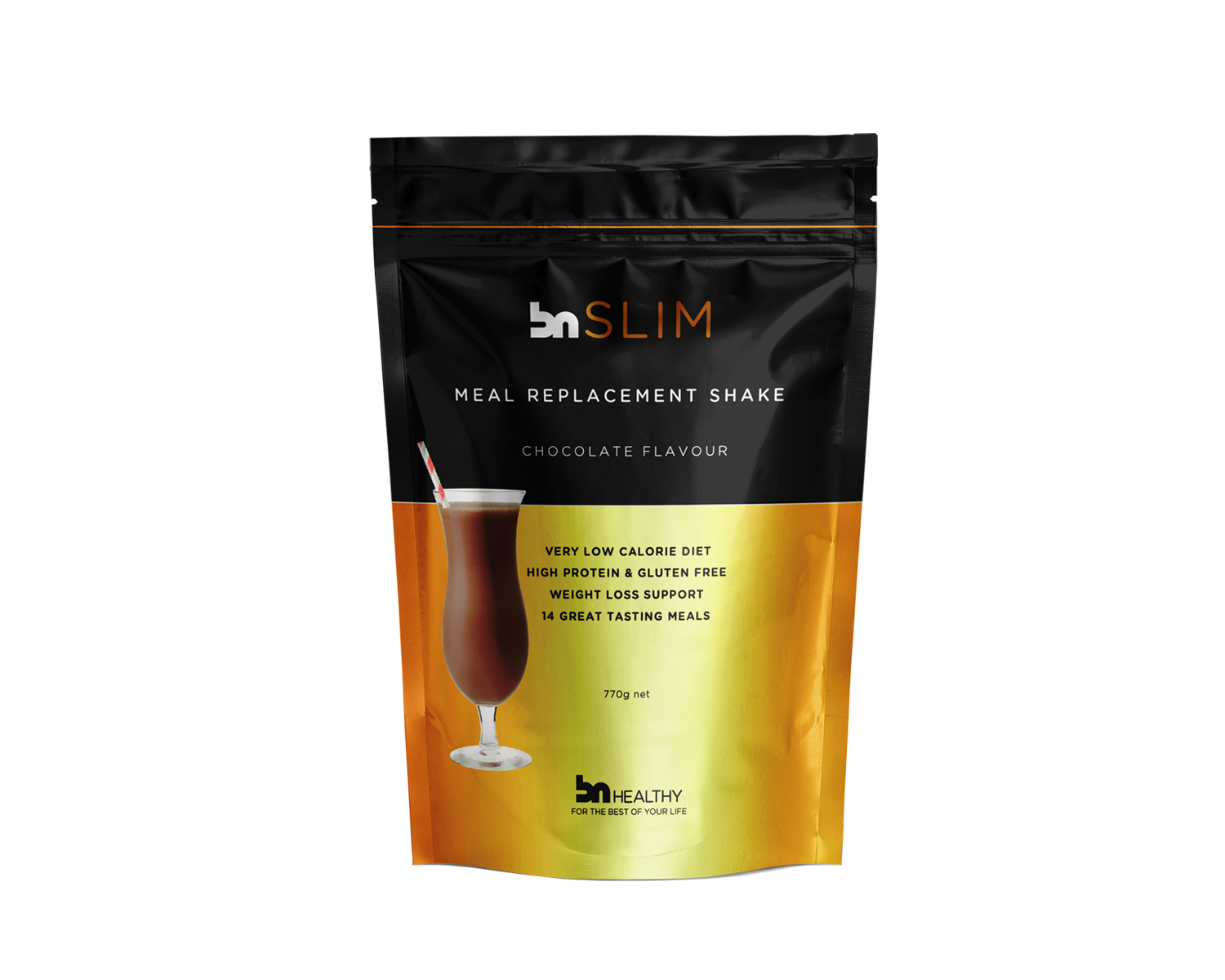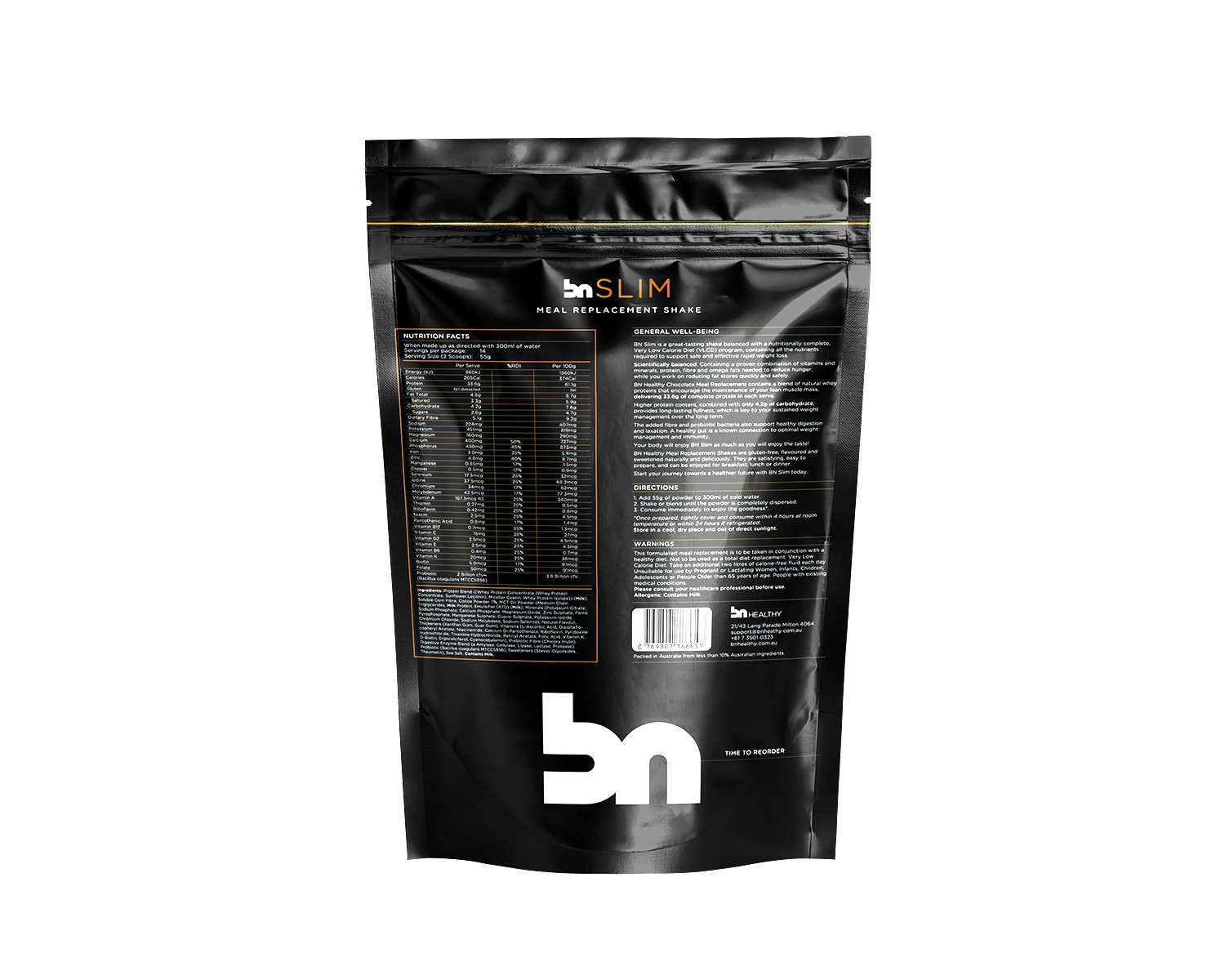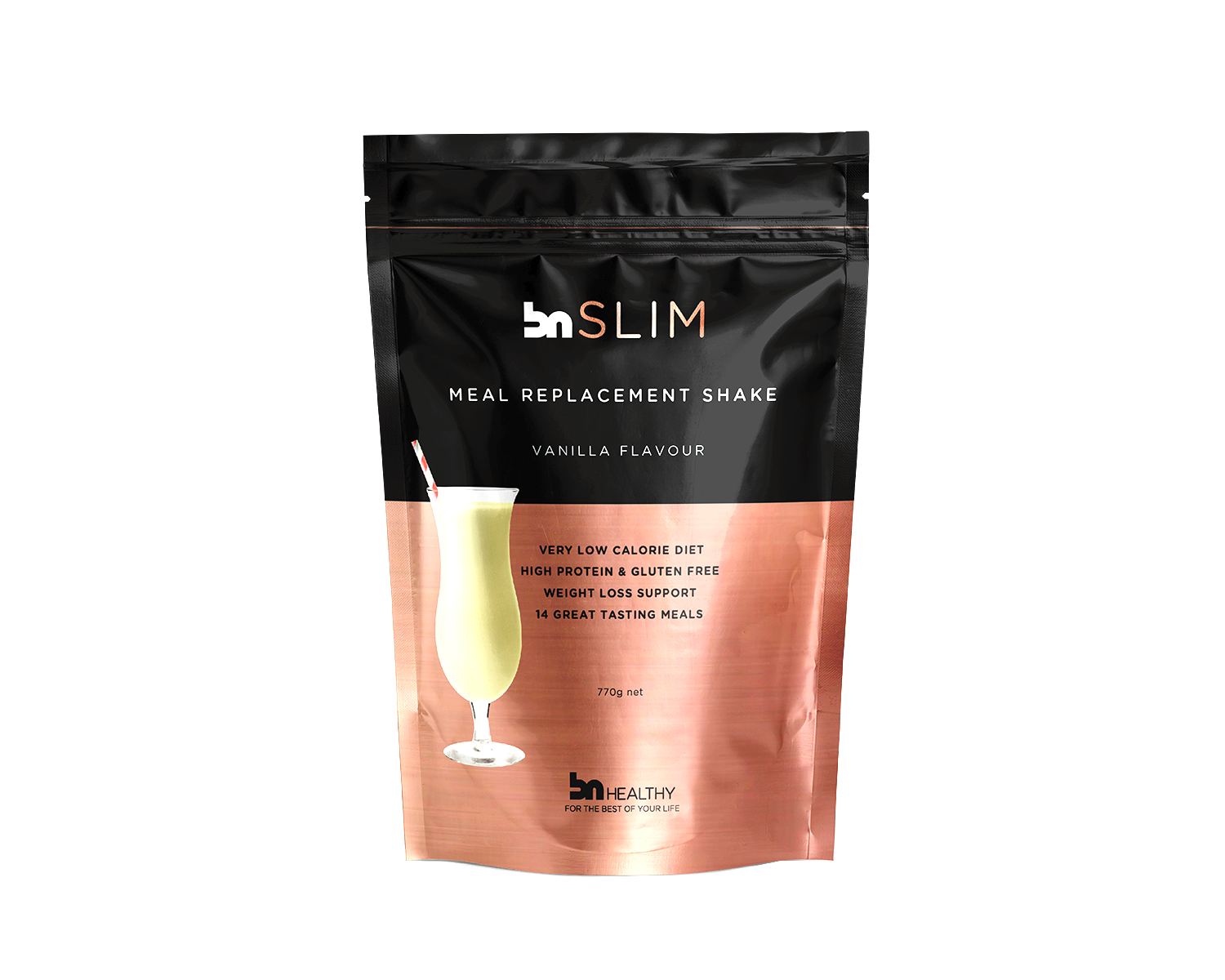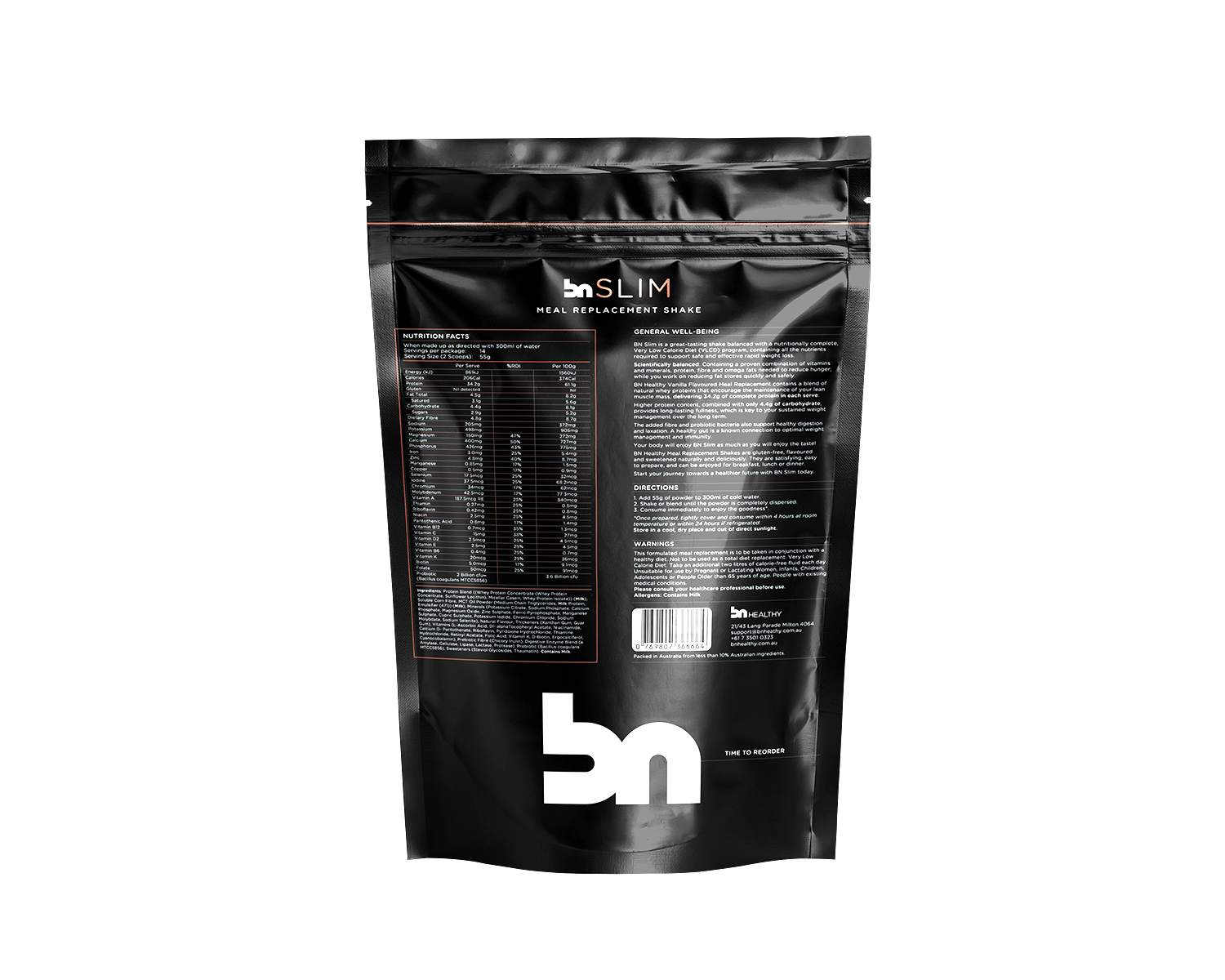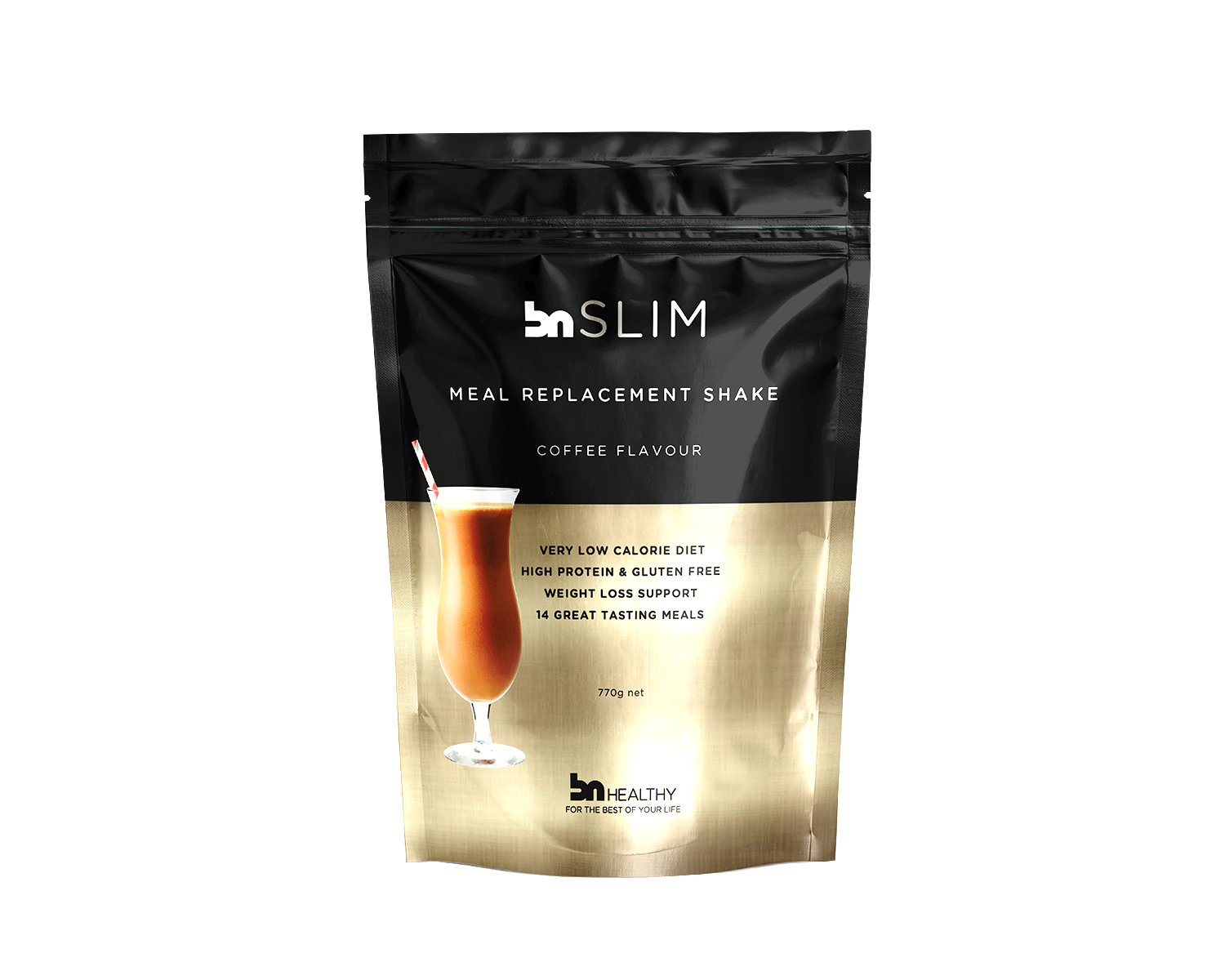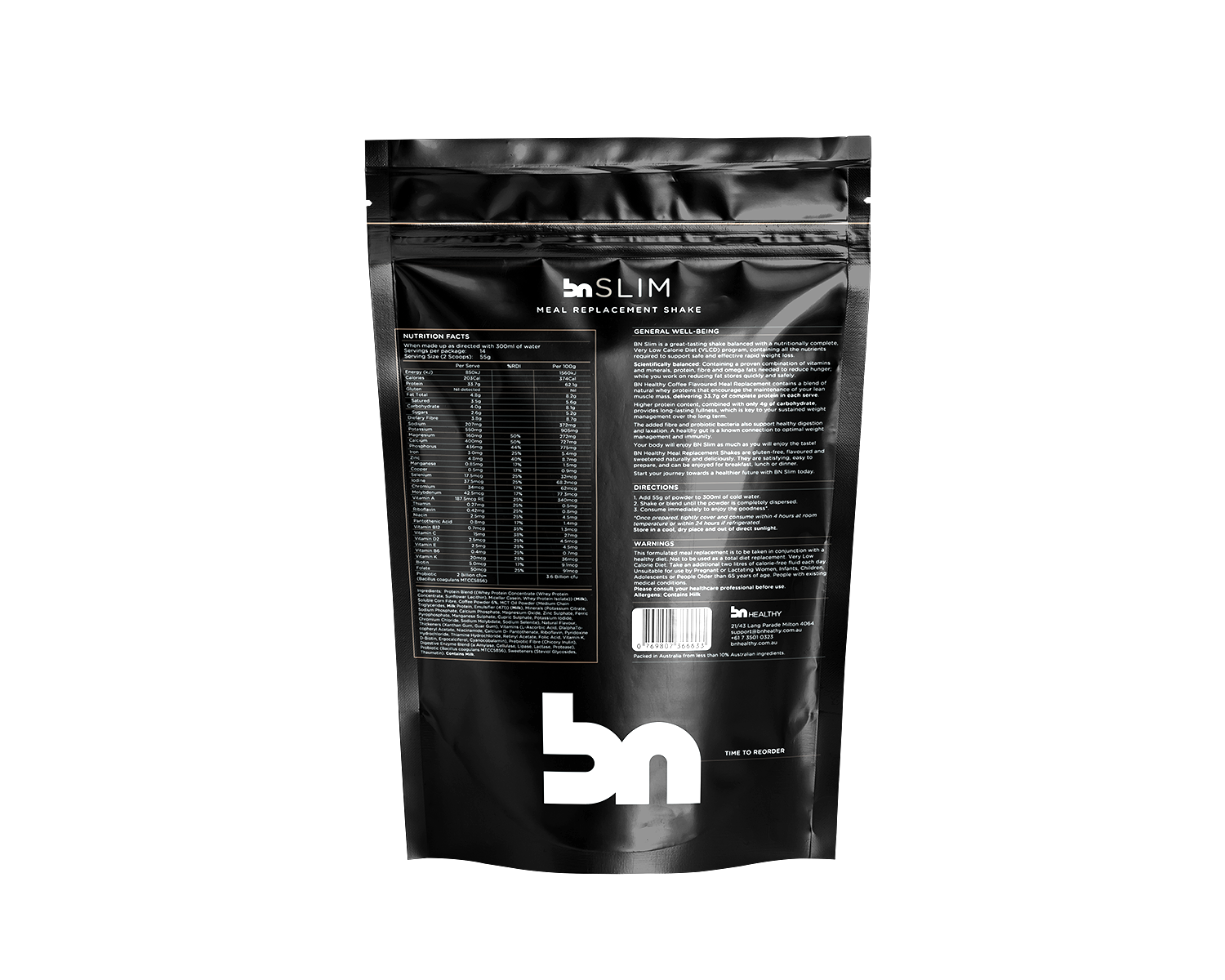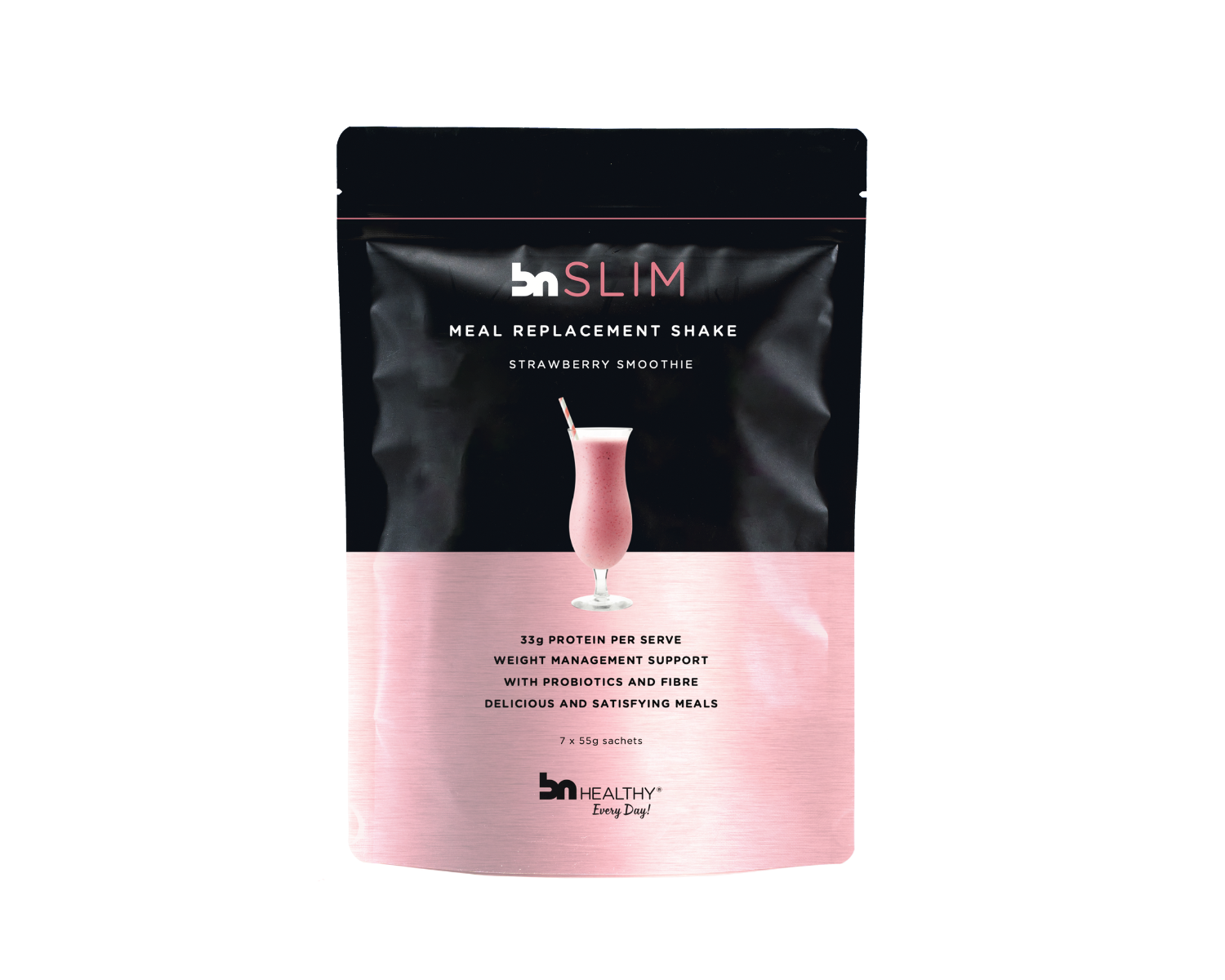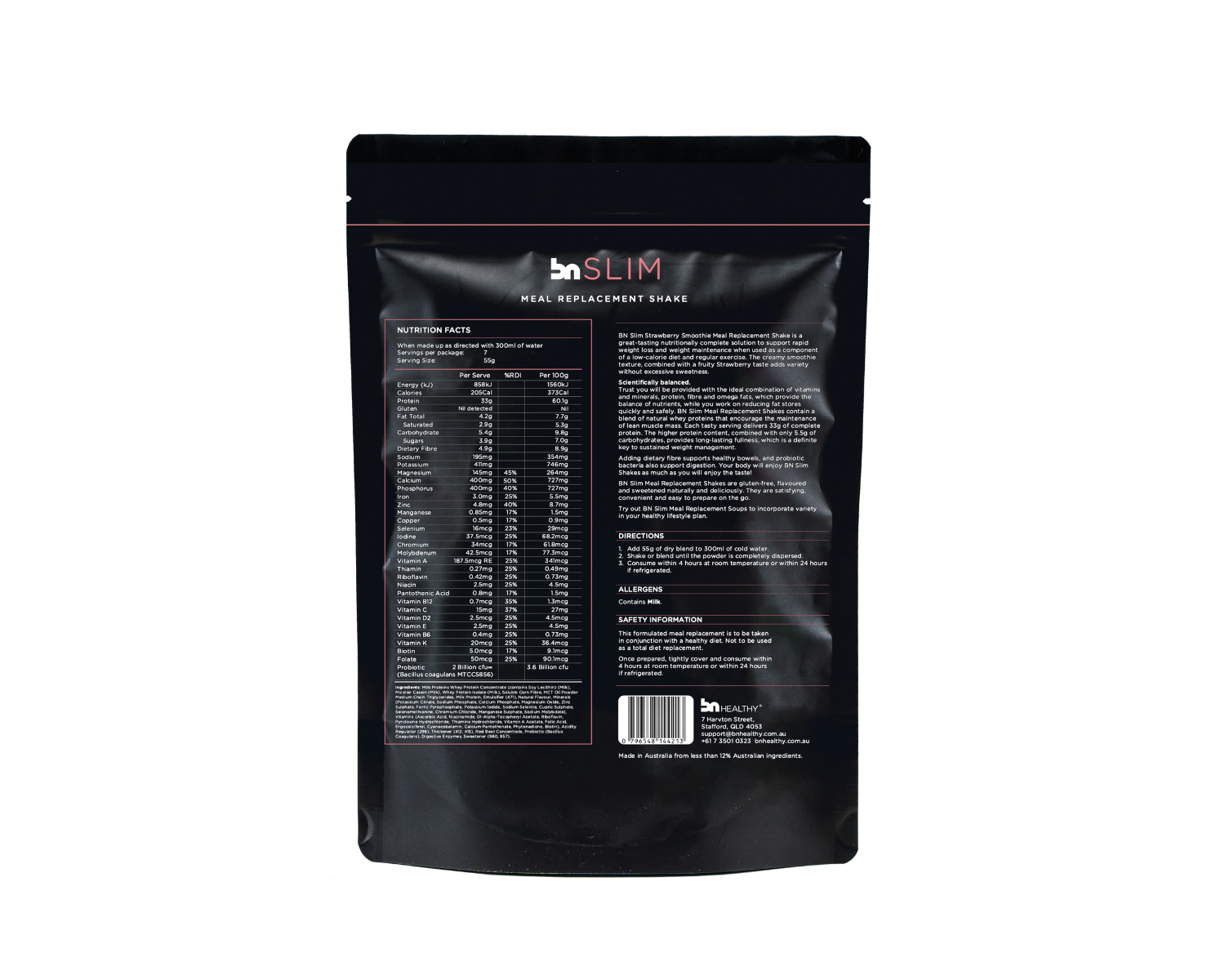February 2023
Jacqui Lewis - BHSc Nutritional and Dietetic Medicine
Do I Qualify for Gastric Sleeve or Bypass Surgery?

If you are considering weight loss surgery, it is vital to understand the different types of procedures available and who might qualify for each. It is essential to note that these operations involve life changes and should be handled with careful thought - but if you choose them, they can drastically change your health trajectory.
This blog is your guide to weight loss surgery and how to determine what is involved in the qualifying process. Like any major surgery or life-changing event, many factors will influence gastric sleeve or gastric bypass surgery qualification.
There is a set protocol for the qualification you will need to navigate to begin the process and ascertain your eligibility for bariatric surgery.There are also some considerations associated with each procedure that will be fully explained to help make an informed decision.
Qualifying for bariatric surgery is one thing; deciding to move forward is the next. Of course, your surgeon is the most well-versed in the varying types of surgery, and the different advantages and considerations each one brings with it, so it's not just one short conversation, nor is it a simple decision.
Getting a Gastric Bypass or Gastric Sleeve

People who struggle with obesity and related co-morbidities have benefited significantly from bariatric surgeries. Weight loss surgeries like gastric sleeve surgery and gastric bypass surgery alter the stomach size and impact the ability to absorb calories from food to help you lose weight. The surgery is also termed “metabolic” because it affects the metabolic hormones that manage satiety and hunger for some time after the operation.
A gastric bypass can cause more issues when it comes to the malabsorption of nutrients than a gastric sleeve, but it can result in a higher level of weight loss. For this reason, it is often used for those who need to lose a more significant amount of weight. A gastric bypass is also an excellent option for reflux sufferers before surgery. If reflux becomes an issue post gastric sleeve surgery, it can be converted to a gastric bypass as a remedy.
Qualifying for Gastric Sleeve & Bypass Surgery
In Australia, the guidelines for determining bariatric surgery eligibility were quite limited. Generally, you needed to meet various conditions to qualify for this type of surgery, the foremost being that you needed a bariatric surgery BMI (Body Mass Index) criteria of 40 or more, or a BMI of 35 with at least one obesity-related condition.
In late 2022, after 30 years without a proper scientific review, new guidelines were released by the ASMBS and IFSO. These updated guidelines recommend a BMI for a gastric sleeve of 35 or more to qualify, regardless of comorbid/obesity-related disease, or a BMI of 30-34.9 if there is a concurrent metabolic disease. This will make the surgery more accessible, as it is as safe as gallbladder removal and has unparalleled weight loss outcomes that other weight loss tools have not yet replicated.

If you identify with one of the following scenarios, bariatric surgery may be considered a viable option for treatment:
- BMI of 35 or above, with or without obesity-related conditions such as diabetes, sleep apnea, joint conditions, and chronic reflux.
- Failure to succeed with supervised dieting programmes and nutritional instruction.
It is important to note that guidelines are not hard and fast rules, and decisions regarding eligibility are ultimately made on a case-by-case basis by experienced medical professionals. You should, therefore, not automatically assume you will or won’t qualify before receiving official advice from an accredited health practitioner or specialist in this field.
Other Possible Criteria for Weight Reduction Surgery
- You may need to demonstrate that other weight loss methods have been attempted without success.
- You may have to demonstrate that you possess the mental capacity to provide informed consent and participate in pre-surgical counselling to understand all the limitations and consequences of the procedure.
- Evidence may be required to suggest you can commit to post-operative lifestyle changes. Bariatric surgery alone cannot be expected to yield long-term success unless accompanied by an appropriate bariatric diet plan, bariatric supplements, and increased physical activity levels.
- Further assessments, such as blood tests and an electrocardiogram (ECG), may be done to help determine eligibility.
BMI Calculator for Bariatric Surgery
Although BMI does not explicitly illustrate an individual's body fat percentage, it is a helpful tool for categorising overall body weight according to accepted standards.
Sleeve gastrectomy BMI requirements are essential when considering weight loss surgery because it gives healthcare professionals and patients information about the severity of the patient's obesity.
BMI measures body fat calculated by considering an individual's height and weight. It can assess whether someone is overweight, obese, or underweight.

The higher the BMI, the greater the risk of these complications, and you may be required to complete a pre-op phase to reduce your liver size to make your weight loss surgery as safe as possible.
In addition, knowing your BMI can help set realistic expectations for how much weight you can lose after surgery.
Medical Assessment for Gastric Sleeve or Bypass Surgery
When considering bariatric surgery in New Zealand, your doctor will undertake a detailed medical assessment to ensure you are suitable for the procedure. This will include a physical examination and laboratory tests.
Your doctor will use this assessment to determine if any underlying medical conditions need to be addressed before proceeding. They will also assess your mental health and discuss any potential risks associated with the surgery.
You may be subjected to testing for the following:
Sleep apnea
Cardiovascular disease
Kidney disease
Liver disease
Diabetes
Your doctor may also arrange for further imaging studies, such as X-rays or an ultrasound of your abdominal area. In addition, they may order echocardiograms to check how well your heart functions and do an electrocardiogram (ECG) for your heart. Depending on the results of these tests, they may suggest further steps or modifications that need to be made before the operation.
Behaviours and Mental Health Evaluation
Your long-term weight loss surgery results depend on your ability to adjust your diet, take bariatric multivitamins and maintain healthy lifestyle habits. Being in strong mental health is also vital for the demands of adhering to your treatment plan.
In many cases, you must attend counselling sessions before your procedure to ensure you understand the implications of having such major surgery performed.
During these sessions, psychiatrists or psychologists can assess psychological aspects such as moods, coping strategies, and other factors that can influence how successful you may be post-surgery.

Your surgeon will connect you with a dietitian who will also be instrumental over the long term in devising meal plans, specific eating habits and suggest the best bariatric vitamins tailored specifically to your needs before and after surgery. The mental health evaluation for bariatric surgery typically consists of an in-depth assessment conducted by a qualified mental health professional. The evaluation will cover eating behaviours, body image, self-esteem, coping skills, motivation for weight loss, and long-term goals. This assessment aims to identify areas where psychological support may be needed before, during, or after surgery to ensure the best possible outcome.
Strong evidence suggests that people who have undergone some form of psychological preparation before having bariatric surgery report higher success in maintaining their weight loss following the procedure than those who have not.
Your medical team will discuss the following topics with you:
- Motivation - Do you want to make lifestyle changes, create goals, and learn more about healthy nutrition? Your team will monitor your ability to implement recommended dietary and activity adjustments.
- Previous attempts at weight loss - What weight-loss diets and exercise regimens have you tried? Have you lost or gained weight? Weight loss and gain patterns might assist your team in identifying your issues and proposing tactics for post-surgical goals.
- Eating habits - Obesity may be aggravated by irregular or disordered eating habits. Examples of this include binge eating, stress eating or emotional eating, eating at night, and constant snacking between meals. Some mental health issues such as ADHD and Bipolar disorder are linked with disordered eating conditions. It's good to have a full screen of your mental health, so that any conditions can be well managed to ensure your WLS success is attained.
- Mental Health - Obesity often co-exists with other conditions such as depression, ADHD, anxiety, and bipolar disorder, making managing your weight challenging. Furthermore, persons with untreated co-morbidities like these frequently struggle to maintain new diets and exercise routines following surgery.
- The use of alcohol and drugs - Poor weight loss and ongoing substance use difficulties following surgery are linked to problems with alcohol or drug use and smoking. Untreated or uncontrolled habits or addictions are likely to inhibit the choice of weight loss surgery.
Does Medicare Cover Weight Loss Surgery?
As of a November 1, 2018 update, some of the Medicare Benefits Schemes changed. Weight loss surgery is not entirely covered under Medicare, and you may have to pay some out-of-pocket expenses. Most weight loss surgeries in Australia are performed under private health insurance, or patients are self-funded. You may draw down an advance from your superannuation fund if you meet certain criteria. This withdrawal is relatively easy to access once you have met the requirements and filled in the relevant paperwork.
Weight Loss Surgery Vitamins Essential Start Up Guide
Once you have been approved to have Bariatric Surgery - preparing the items you'll need before and after surgery will be crucial for things to go well. Some of those items will be your go-to bariatric vitamins and minerals to acquire before surgery to guarantee a smooth recovery.
We've made it easy for you - here you will find our "Essential Start Up Guide" to the BN Healthy range of multivitamins and when they are best suited to your needs.
Acquaint yourself with our guide, and you'll reduce confusion and feel confident you are putting your best foot forward as you progress toward your long-term health goals. We have got you - every step of the way!
Jacqui Lewis
BHSc Nutritional and Dietetic Medicine




